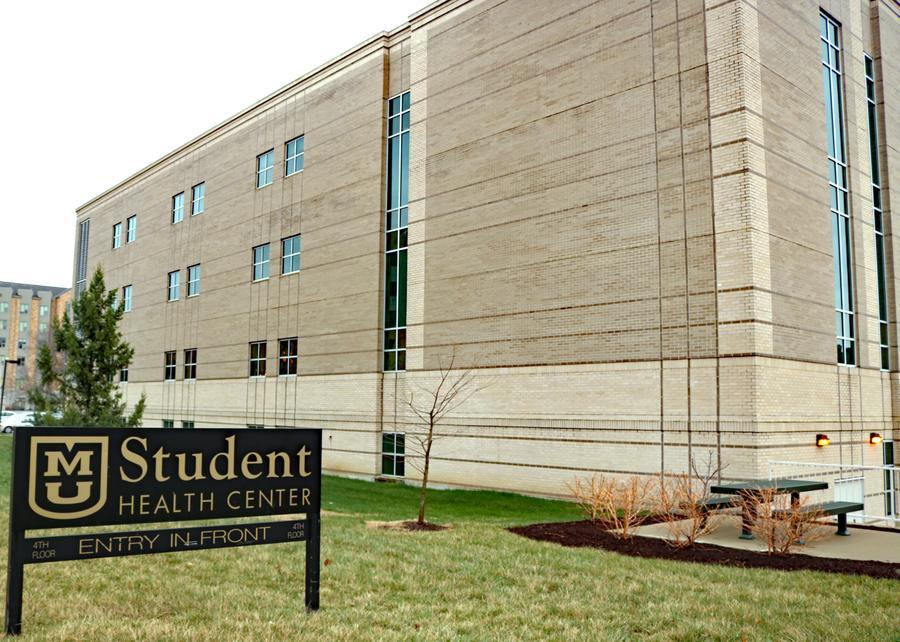Starting July 1, seeking medical attention on campus will get a lot more burdensome. Due to decreases to the pre-paid health fee’s coverage, announced in a mass email from the Student Health Center on March 7, students will have to pay for consultations with medical health providers.
“With rising costs of health care, the health fee no longer fully supports the integrated services provided by the Health Center’s college health experts,” the March 7 email read. “Students will be able to use their insurance plans now that the Health Center has joined most major insurance networks.”
As the Student Health Center’s website says, with these changes to the pre-paid fee, “your insurance card will be your best friend.” But there are a few key issues with that.
First, not all students’ healthcare plans are absolute, especially with the uncertainty surrounding the future of the Affordable Care Act. This could leave some students especially vulnerable to the potential fees an unexpected illness can bring, if the prepaid health fee doesn’t help out.
Second, some people just don’t have health insurance in the first place, and medical bills are expensive, especially for students juggling the costs of being enrolled at a university. Students without insurance will receive a 45 percent discount on health care services, MU spokeswoman Liz McCune told the Columbia Missourian. But fees can still add up.
Slashing the coverage of the pre-paid student health fee might leave students sick of paying medical bills, or sick after they avoid spending money on essential medical treatment.








